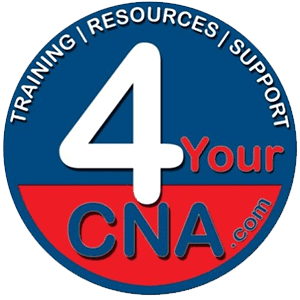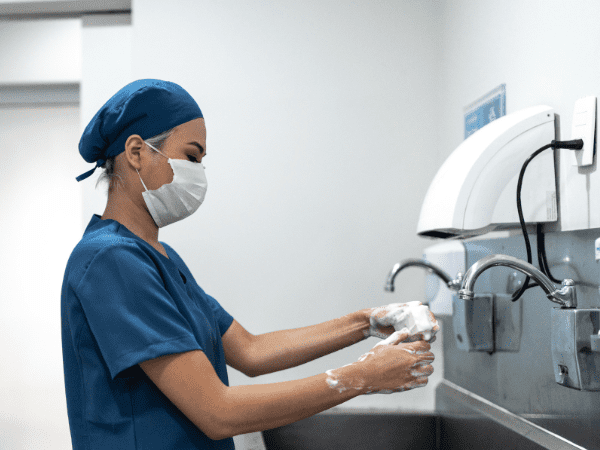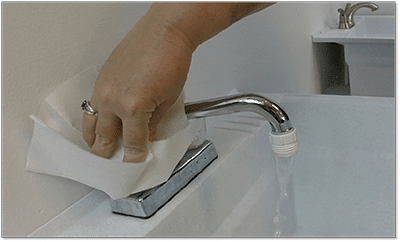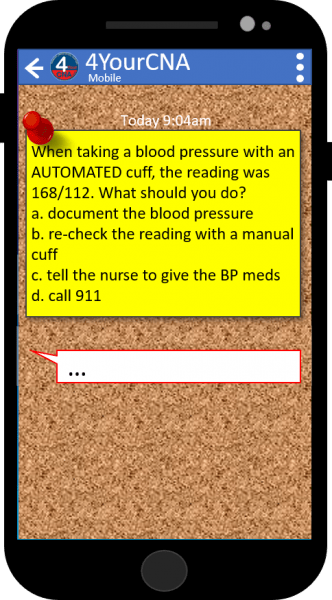Bottom line? Dirty hands can touch a dirty faucet…but clean hands can’t! Always stop and think about whether your hands are clean or dirty before touching the faucet. If in doubt, use a barrier!
CNA Skill Video: Empty Urinary Drainage Bag
CNA Skills Video Empty Urinary Drainage Bag Check the Position of the Drainage Bag! The…





